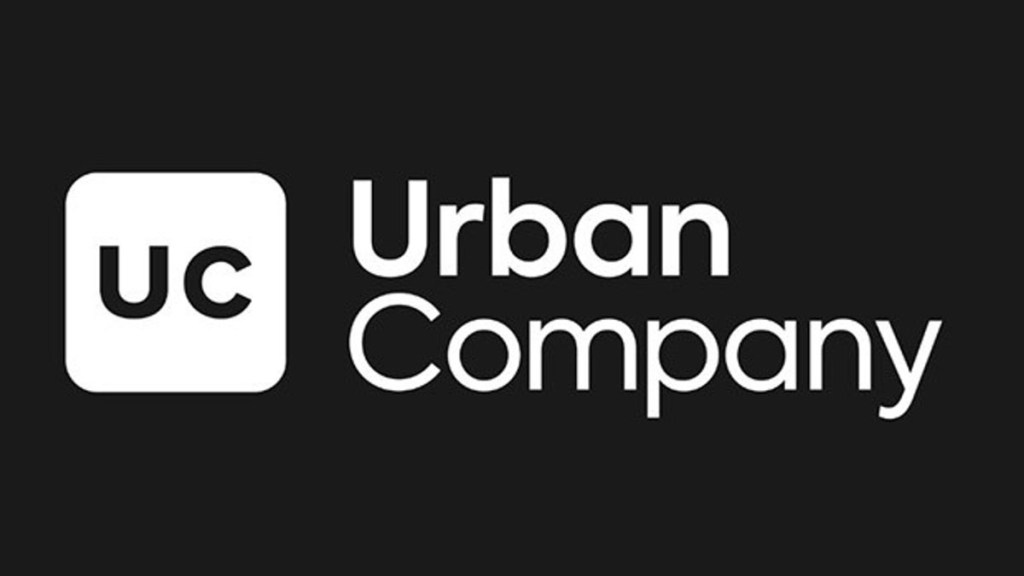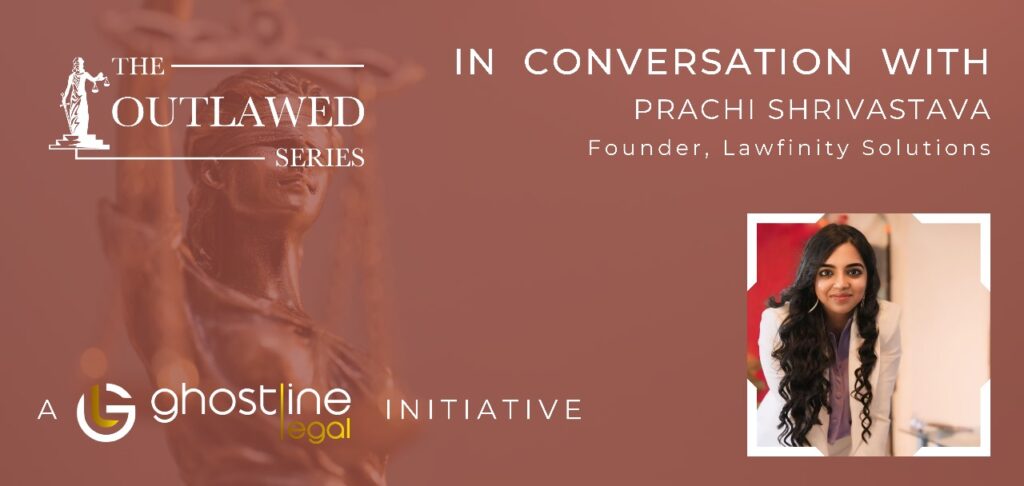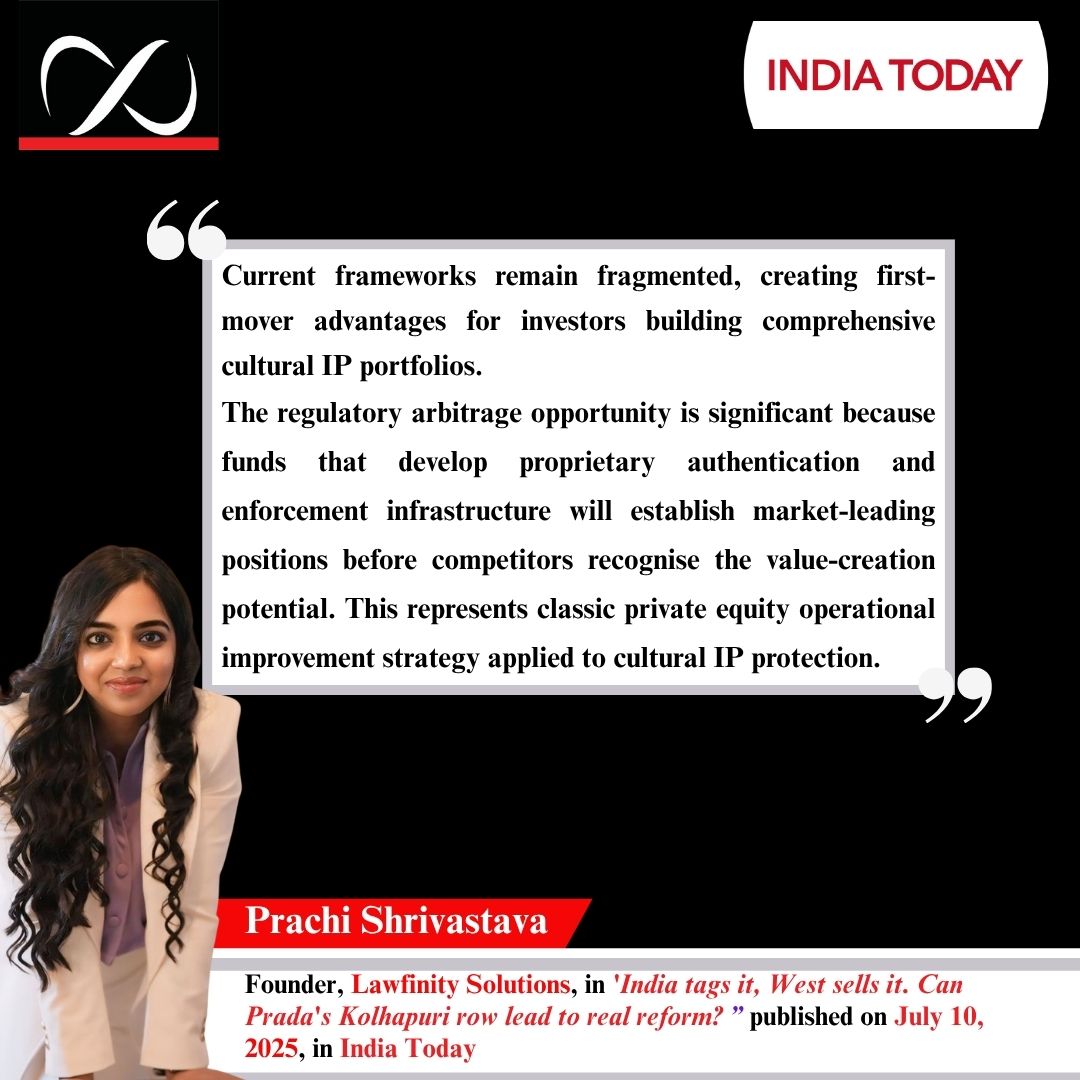This article was first published in the Financial Express.
India has 119 unicorns. At least eight have faced organised worker campaigns in the last 18 months. Their legal teams likely saw none of them coming. The recent Newslaundry investigation into Urban Company’s treatment of beauty partners has exposed a fundamental challenge facing platform businesses: the gap between legal compliance and social legitimacy. While Urban Company’s model may pass legal scrutiny—training kit financing, subscription plans, and commission structures are all contractually sound—the investigation reveals how legally defensible practices can become reputational liabilities in a stakeholder-conscious economy.
This isn’t unique to Urban Company. DoorDash recorded $10.72 billion in revenue while workers struggled financially with the broader gig economy challenges. We are witnessing a systematic disconnect between what companies can legally enforce and what society increasingly expects them to ethically deliver.
The financial stakes are higher than most founders realise. Urban Company, last valued at $2.1 billion in 2021 and recently logging $2.2-2.5 billion in secondary transactions, faces organised campaigns like #DryJune customer boycotts and Worker Ka IPO demands for worker participation in company decision-making. These aren’t just PR problems, they are valuation events.
Gig platforms derive value from network effects and trust. When beauticians report “days of unpaid work, earnings squeezed by fees, and a sense of permanent indebtedness”, you are not just facing worker dissatisfaction, but also undermining the operational foundation that drives customer acquisition, retention, and ultimately, exit multiples.
Unlike Urban Company, which had years to build market position before scrutiny intensified, today’s start-ups launch into an environment where worker aspirations and gig economy work structures are already in tension. The margin for error has collapsed.
What’s changed is more nuanced than regulatory appetite. Today’s customers increasingly factor worker treatment into purchasing decisions. This shift means that business models relying on information asymmetries—where customers don’t see the worker economics—face structural obsolescence. Transparency is becoming a competitive requirement. Early-stage firms that build with this assumption will have sustainable advantages over those that treat worker relations as an operational afterthought.
When start-ups consult lawyers about gig economy models, they get compliance expertise on proper worker classification, contracts, minimum wage requirements, etc. These are essential aspects, but insufficient. The key questions that determine long-term viability require integrated legal-brand expertise on the following:
Signal architecture analysis: What signals does this business model send about our values, and how do the signals translate into legal vulnerabilities? A lawyer can draft a training kit financing agreement, but their playbooks do not assess if requiring Rs 40,000-50,000 upfront payments creates a “debt trap” narrative that invites regulatory scrutiny.
Stakeholder risk mapping: How will this model look to different audiences when subjected to public scrutiny, and what legal exposures emerge from reputational damage? Traditional legal advice focuses on direct compliance risks, not the secondary legal risks that emerge when worker advocacy groups organise boycotts or regulatory attention intensifies.
Asymmetric risk assessment: What is the relationship between short-term legal protection and long-term legal exposure? Charging 200-300% markups on supplies might be contractually defensible, but creates reputational debt that can manifest as regulatory action, class-action suits, or legislative changes.
Narrative-legal integration: Can this business model survive intense media examination without creating legal vulnerabilities? The shift from “Insta Maids” to “Insta Help” wasn’t just brand management—it was legal risk mitigation in response to dignity-based criticism that could have evolved into discrimination claims.
Once you understand the reputation-legal intersections, you can direct traditional lawyers toward work that protects these business. Early-stage companies need legal advisors who understand that compliance is the floor, not ceiling. Traditional corporate lawyers focus on risk mitigation. But modern business models require risk integration—understanding how legal decisions affect brand equity, customer trust, and investor confidence.
A reputation-aware fractional general counsel brings three key capabilities:
Exposure architecture design: This involves mapping how business model decisions create compound reputational risks. This isn’t just about individual contracts, but understanding how operational practices aggregate into brand narratives.
Stakeholder impact assessment: This requires analysing how policies affect different constituencies and their ability to influence company outcomes. Worker unions, customer advocacy groups, and social media influencers can impact valuations as significantly as traditional market forces.
Preventive strategy development: This means building guardrails that protect both legal compliance and social legitimacy—designing policies that work even when subjected to hostile scrutiny.
The Urban Company case illustrates why founders need to think beyond unit economics to unit ethics. Questions every early-stage company should ask include:
Power balance auditing: Are we extracting value or creating it for all stakeholders? Business models that depend on information asymmetries or economic desperation may scale initially but face structural challenges as markets mature.
Transparency stress testing: How would our key operational practices look if fully transparent? In an era of worker advocacy and social media build-up, opacity isn’t sustainable.
Narrative alignment: Do our business practices reinforce or contradict our brand positioning? Companies that position themselves as “empowering workers” while structuring economically punitive relationships face credibility crises.
The solution is not abandoning platform business models, but designing them with reputational durability. This requires integrating legal compliance with ethical hardcoding, ensuring contractual rights align with relational realities.
For investors evaluating gig economy start-ups, the key question isn’t just “is this legal?” but “is this sustainable when subjected to stakeholder scrutiny?”
The companies that succeed will be those that view reputation risk as a design constraint, not a post-launch problem to be managed. They will build business models that create value for all stakeholders instead of extracting it from the most vulnerable.
Urban Company’s challenge is a preview of what every platform business will face as society’s expectations evolve faster than legal frameworks. The companies that anticipate this shift will capture the sustainable competitive advantages of the next decade.











